Ben Affleck has been vocal about his love of Emmy-winning series “Succession,” but now the Oscar-winning writer/director/actor is revealing his own take on how the show could have ended.
Affleck said during CNBC’s Delivering Alpha 2024 alongside RedBird Capital Partners founder Gerry Cardinale that AI does have some benefit, including making storytelling more accessible to fans. Affleck used the series finale of the hit HBO show as an example.
“AI will allow you to ask for your own episode of ‘Succession’ where you could say, ‘I’ll pay you $30 and can you make me a 45-minute episode where like Kendall gets the company and runs off and has an affair with Stewy?’ and it’ll do it,” Affleck said. “And it will be a little janky and a little weird but it will know the sass and those actors and it will remix it in effect. That’s the value long-term.”


Stewy was played by Arian Moayed, and was Kendall Roy’s (Jeremy Strong) longtime friend and board member of Waystar Royco. Of course, that’s not quite how “Succession” wrapped up….
Affleck explained that films and shows will be some of the “last things to get replaced by AI.”
He said, “AI can write you excellent imitative verse that sounds Elizabethan. It cannot write you Shakespeare. The function of having two actors or three or four actors in a room and the taste to discern and construct that is something that currently entirely eludes AI’s capability, and I think will for a meaningful period of time. What AI is going to do is going to dis-intermediate the more laborious, less creative, and more costly aspects of filmmaking that will allow costs to be brought down, that will lower the barrier to entry, that will allow more voices to be heard, that will make it easier for the people who want to make ‘Good Will Hunting’s to go out and make it. Look, AI is a craftsman at best. Craftsmen can learn to make Stickley Furniture by sitting down next to somebody and seeing what their technique is and imitating. That’s how large video models and large language models basically work. Library of vectors of meaning and transformers that interpret it in context, right? But they’re just cross-pollinating things that exist. Nothing new is created.”
Affleck summed up, “At this point, I see it empowering the creators. I see it creating new streams of revenue. I see it potentially forging partnerships between Hollywood and Silicon Valley that haven’t been able to be made historically.”
Also during the CNBC Delivering Alpha summit, Artists Equity CEO and co-founder Affleck spoke about how actors should have equity in the projects they star in, especially since in the age of social media, actors themselves are viewed as IP investments.
“We’re at, in Hollywood, where the people oftentimes working on and making things ultimately are going to either be valuable or not to the consumer. And they have very different incentives,” Affleck said. “They have different profit motives, they have different goals that oftentimes are in complete contrast to the investor. There’s a very short-term mentality. There’s a kind of cash grab mentality.”
Affleck added that actors often look to their own bankability, and work from project to project when they are getting roles. In turn, they are not committed to promoting series or features when the projects debut.
“What happens now is, ‘What’s my fee? As long as I’m going to get my fee and these are my weeks, I’m going to come in and do the movie. I hope it’s good. I’m going to do my best but when it comes time for you to sell what I’ve helped you create, I have no incentive to participate.’ What’s the appeal?” Affleck said. “I’m going to go on a talk show and maybe I’ll get canceled if I say the wrong thing. Going out and talking all the time is not enormously pleasant or rewarding in public. People don’t want to go on an endless carousel of programs, especially because it makes no fundamental difference to them. Now, that’s a real problem.”
Affleck even discussed speaking with fellow filmmakers David Fincher and John Krasinski about the benefits of directing.
“I had that conversation with John Krasinski last night, where I said, ‘This is why you should direct the movie, John.’ And he said, ‘I don’t understand. How does this work? Straight what’s in it for me?’ I said, ‘Well, here’s what’s in it for you: broader creative latitude and you’re betting on the movie. Here’s what’s in it for you at this tier of success, here’s what’s in it for you at that tier, here’s what it looks like over this waterfall if you’re going to do it theatrically in this way, here’s what it looks like in the streaming world,'” Affleck said. “Those are different economics, and yes, they’re going to be a function of your success. It’s not for everybody. It’s for people who are willing to bet effectively on themselves.”
He continued, “But what does it mean to understand the economics of Hollywood? Like, I’ve been doing this for 30 years. That’s one of the things I spent the last 10 years before I started this business. I remember talking to David Fincher when we were doing ‘Gone Girl,’ saying, ‘David, do you ever not just stand on the set and say, “What the fuck are all these people doing here?”‘ Like, truly, honest to God, there’s about 10 of us making this movie here. You know what I mean? And I always viewed and understood, because of the way [co-founder] Matt [Damon] and I came up, I understood the relationship between the level of investment and degree of risk someone was willing to take. Where you say, OK, we want to make ‘Good Will Hunting,’ it has to be inexpensive. And we looked around and they are making ‘Clerks’ for $25,000. We can do that. I heard they made ‘Reservoir Dogs’ for a million dollars because they got Harvey Keitel. We built and engineered that movie like a business, where we said, ‘OK, the cost has to be low, right?'”
Affleck continued about incentivizing actors, and in the case of his feature debut “Good Will Hunting,” that was getting Robin Williams onboard.
“If we’re going to get a movie star, we have to make the term short, we have to make the economics very good,” Affleck recalled thinking at the time. “So we spent $12 million to make that movie. And Robin got five million and 15 gross points in the movie. So he got his five million bucks for his two and a half weeks, and we all said, ‘Well, the movie star is going to want all the good speeches and to look smarter and cooler than everybody else.’ So we’ve got to set him up with that. It means you have to incent the talent. It’s the same approach we take now whether it’s in the advertising business, understanding what’s going to attract talent and then articulating it to them, like, ‘Yeah, you’ve got to invest yourself in this, but if you win, there’s a real win out there for you that’s economically meaningful.’ And that’s sort of the equity in Artists Equity. To me, it’s there for fairness. You’ve got to believe there’s a fundamental fairness at play, and there hasn’t been in Hollywood.”
Affleck previously told The Playlist that he doesn’t “want to do IP movies where you have this sort of built-in audience,” saying, “That’s something I was interested in and liked, and I just don’t like anymore. I like other people who do it. And if you are going to do it, you should love it. And I love something different. So, I want to do that.”
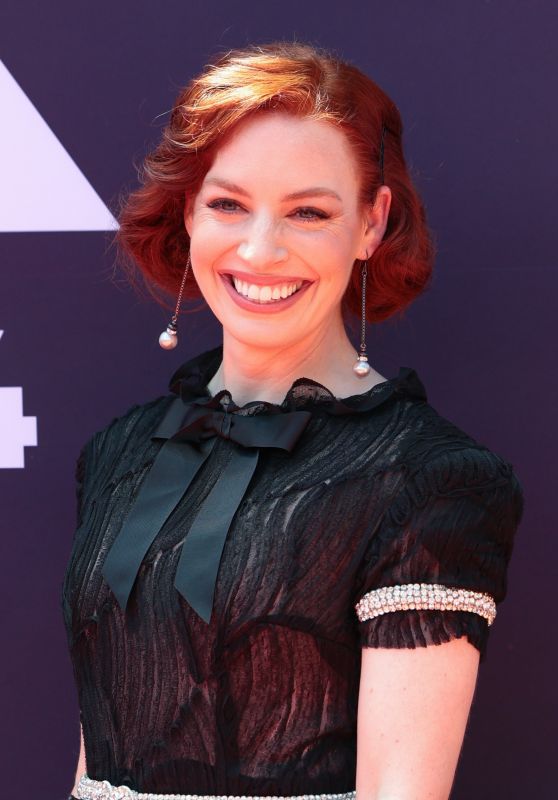

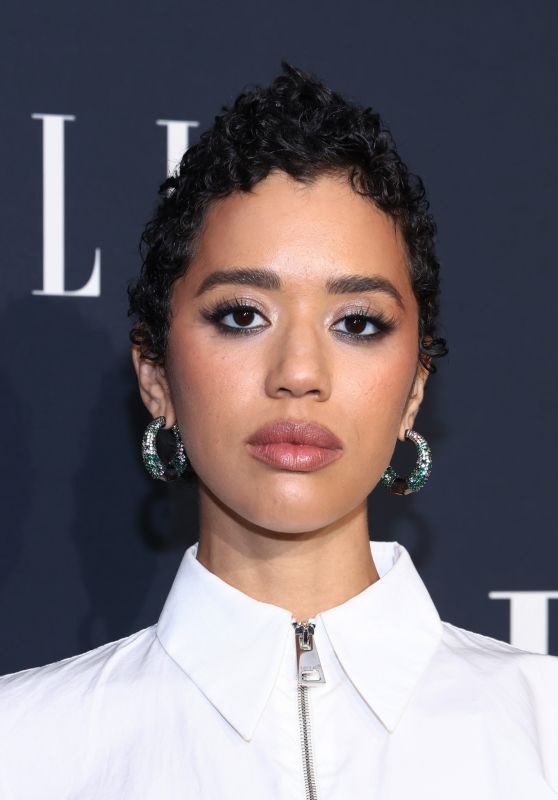
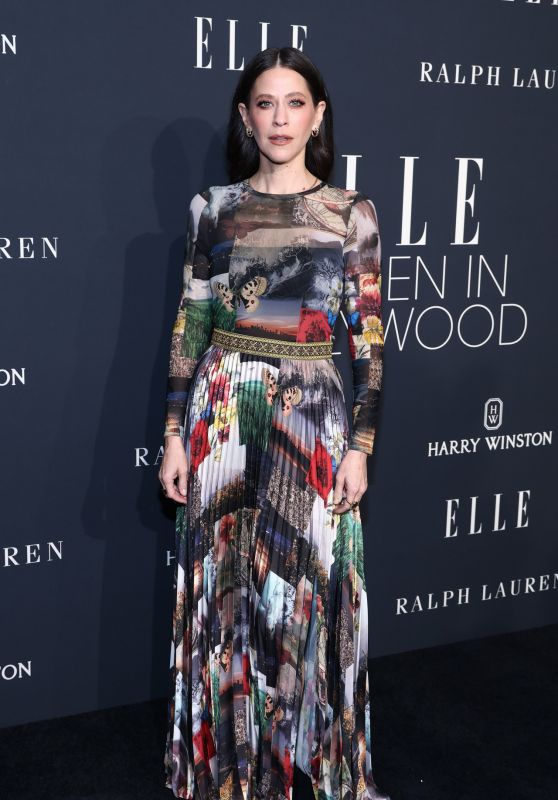
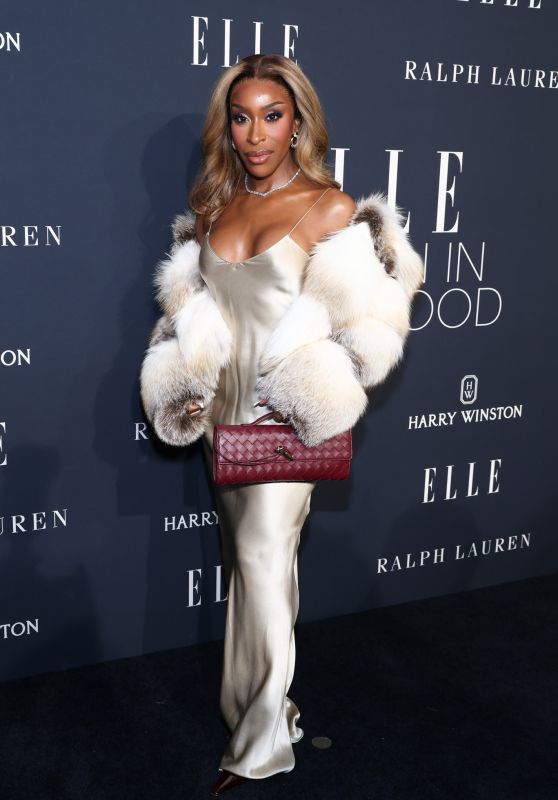
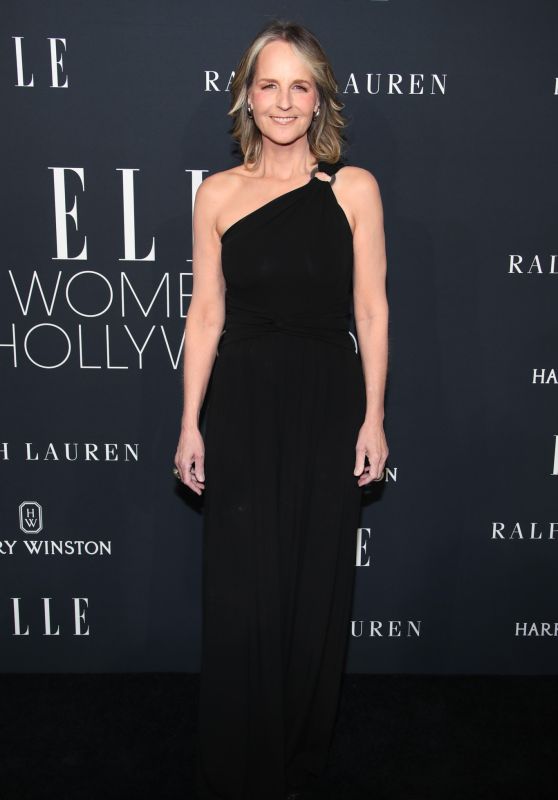
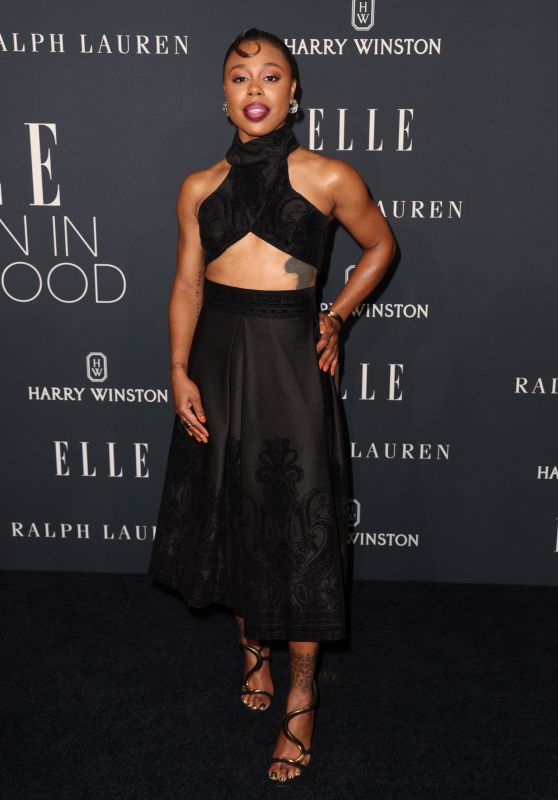
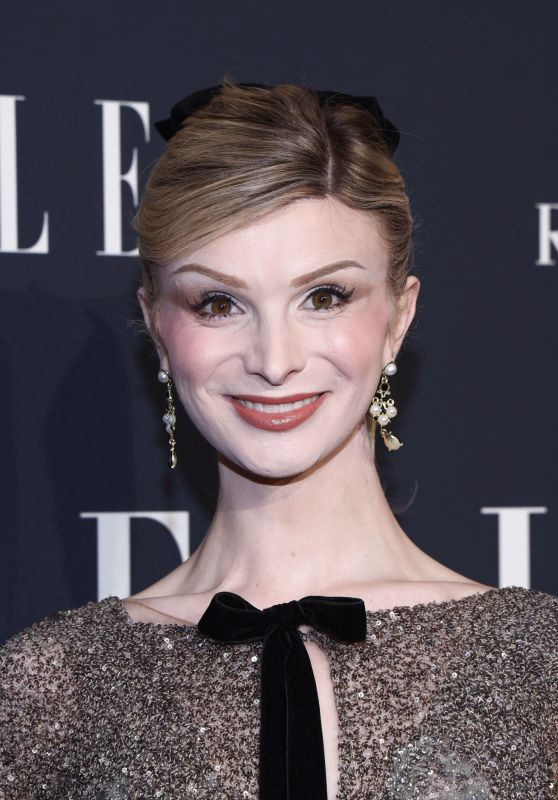
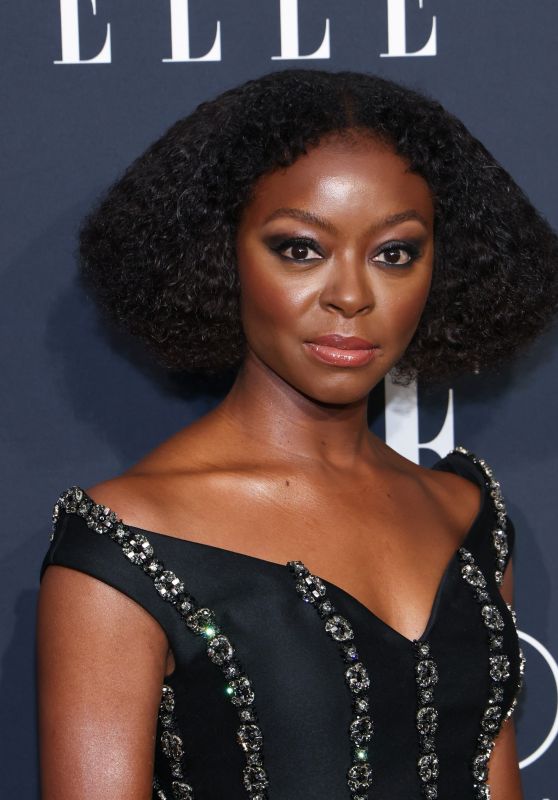


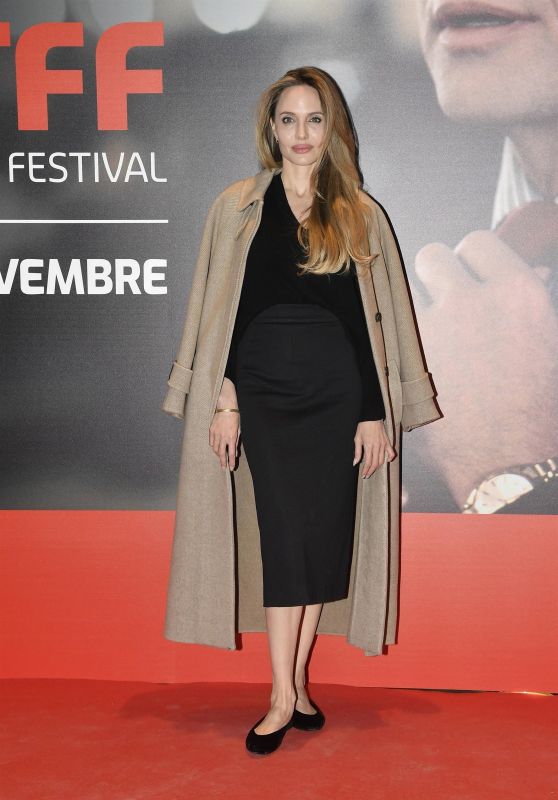







 English (US) ·
English (US) ·